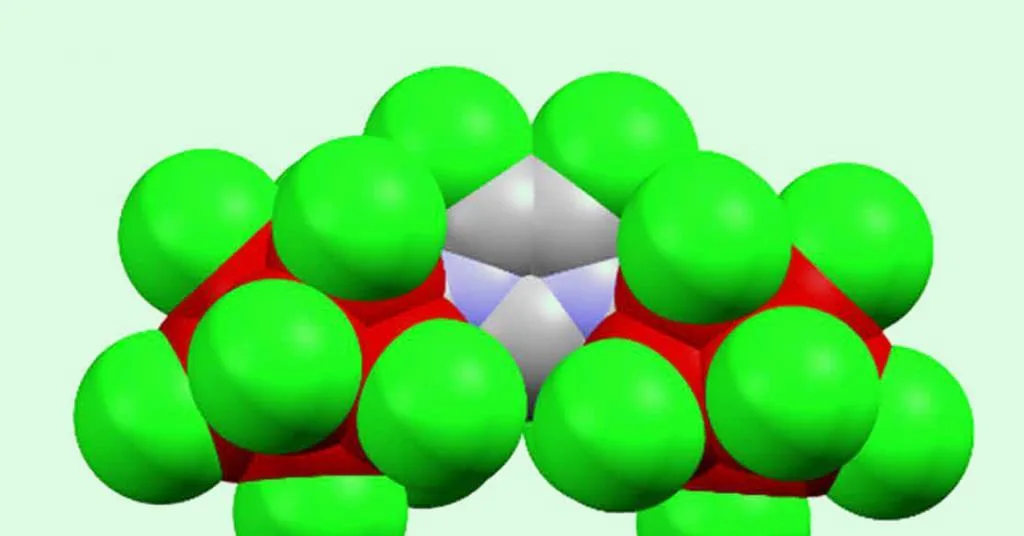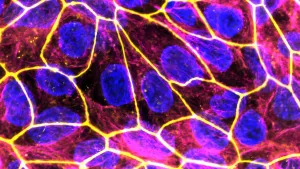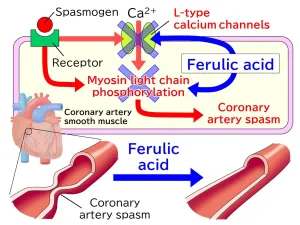Decades-Old Chemical Hypothesis Confirmed: Carbene Successfully Generated in Water
In a groundbreaking achievement, scientists have reportedly substantiated a hypothesis proposed decades ago by the esteemed Ronald Breslow. The breakthrough involves the successful creation of a carbene within an aqueous environment, a feat that has eluded researchers for years.
Understanding Carbenes and Their Significance
Carbenes are highly reactive molecules characterized by a neutral carbon atom with only two bonds and two unshared electrons. Their unique electronic structure makes them valuable intermediates in various chemical reactions. However, their extreme reactivity also makes them challenging to control, particularly in water.
The Challenge of Aqueous Environments
Water, while essential for life, presents a difficult medium for carbene chemistry. The highly polar nature of water can lead to rapid reactions that decompose or alter the carbene before it can participate in desired transformations. Overcoming this obstacle has been a long-standing goal in the field.
Breslow’s Hypothesis and its Validation
Ronald Breslow, a pioneer in bioorganic chemistry, formulated a hypothesis regarding the possibility of stabilizing carbenes in specific aqueous conditions. This recent research seemingly provides empirical validation of Breslow’s insightful prediction. The details of the methodology and the specific conditions employed are crucial for understanding the scope and implications of this finding.
Potential Applications and Future Directions
The ability to generate and study carbenes in water opens up exciting possibilities for:
- Developing new catalysts for aqueous reactions.
- Designing novel drug delivery systems.
- Creating new materials with unique properties.
Further research is needed to explore the full potential of this discovery. Future studies will likely focus on:
- Optimizing the carbene generation process.
- Investigating the reactivity of the generated carbene with various substrates.
- Exploring the applicability of this method to other aqueous systems.
Final Overview
This validation of Breslow’s hypothesis represents a significant advancement in carbene chemistry. The successful generation of a carbene in an aqueous environment paves the way for a new era of research and innovation in diverse fields, potentially leading to breakthroughs in catalysis, drug delivery, and materials science.




+ There are no comments
Add yours